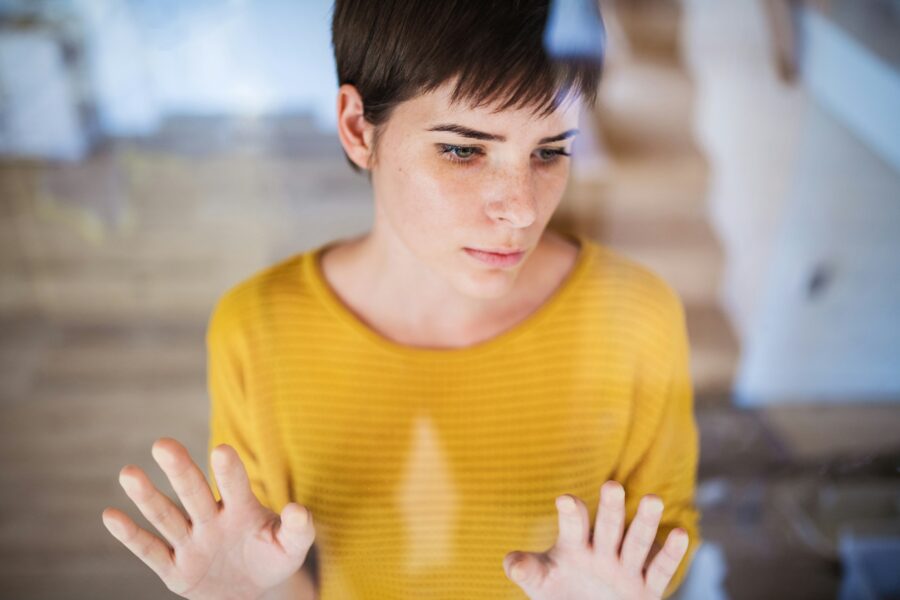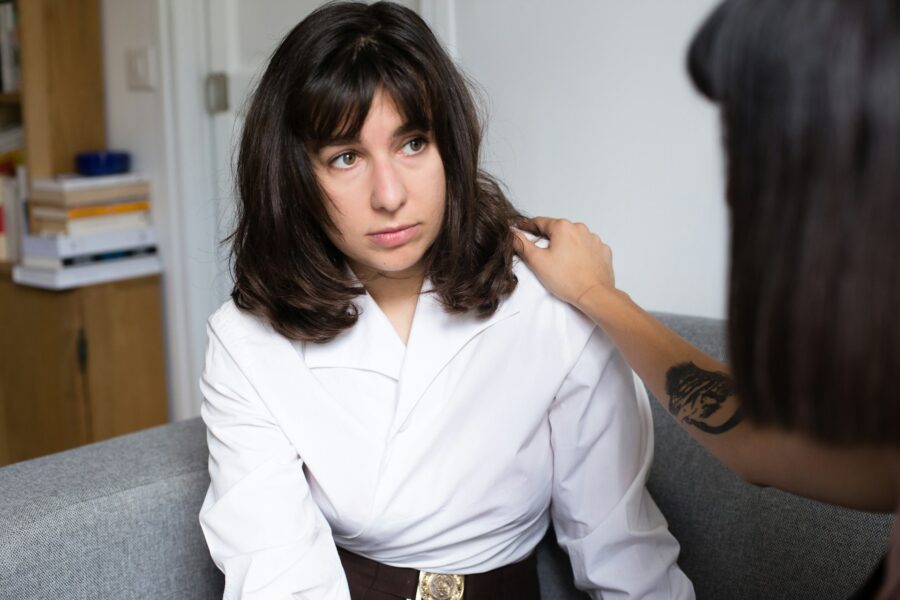Having a big circle can look impressive from the outside—constant plans, group photos, always someone to text.
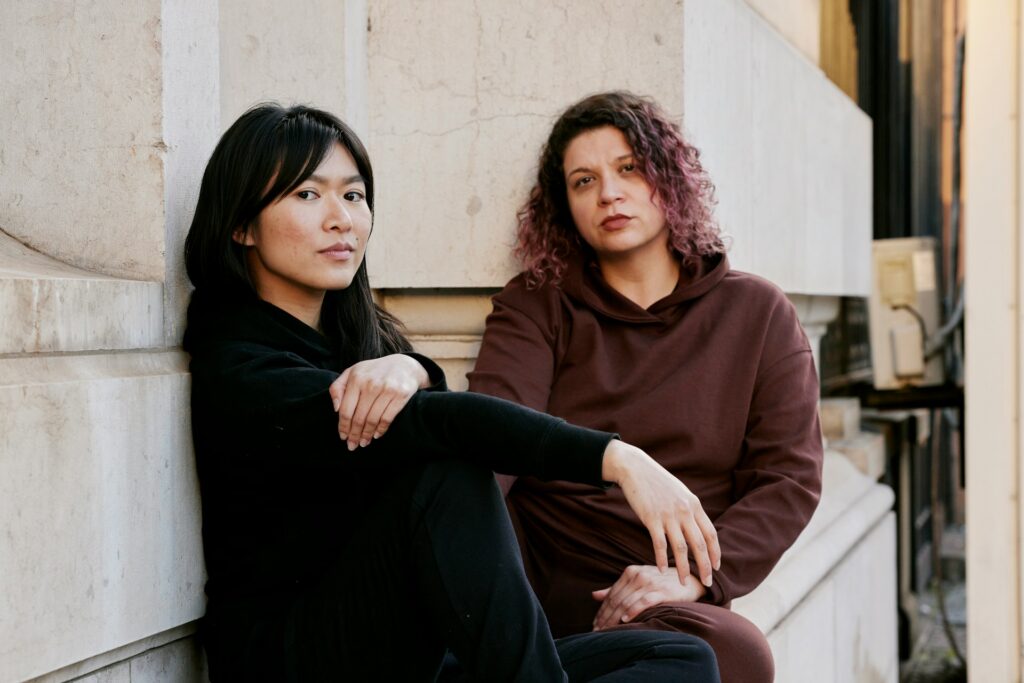
However, social volume doesn’t always mean emotional connection. In fact, many people surrounded by so-called friends all the time still end up feeling strangely alone. Here’s why more friends doesn’t always mean more happiness, and why you shouldn’t beat yourself up too much if your social circle is extremely small.
1. Not all friendships are emotionally safe.
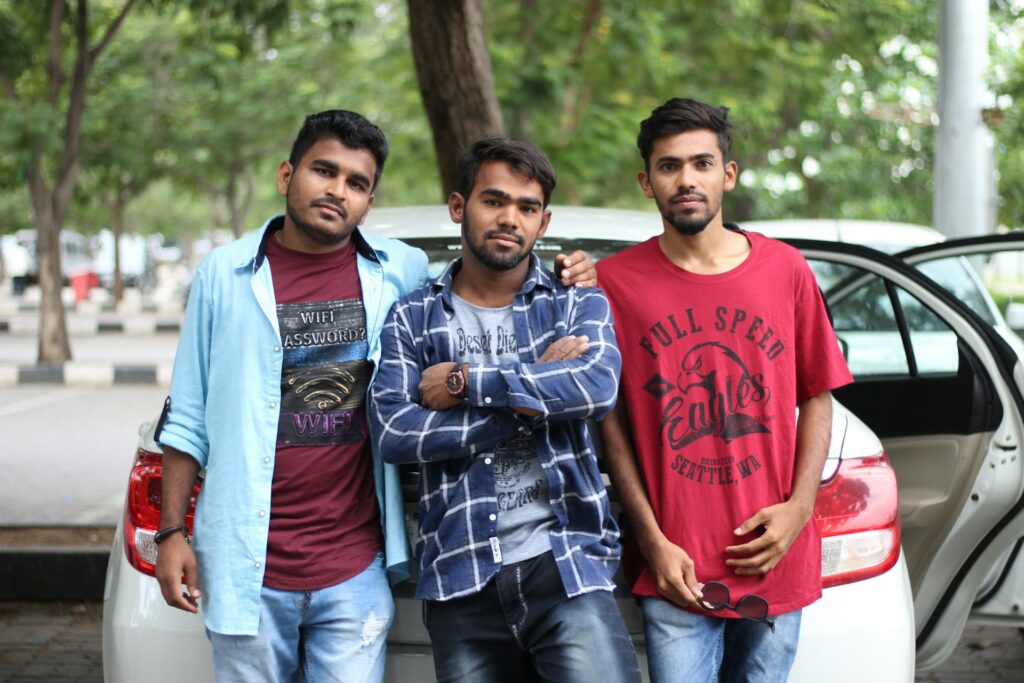
Someone can have a dozen people to hang out with and still not feel like they can fully exhale with any of them. Emotional safety—where you can show up honestly, be messy, and still feel accepted—isn’t guaranteed just because there’s company around. If you’re surrounded by people who expect the polished version of you, or who turn away when things get heavy, that loneliness can feel even sharper than being alone. The numbers don’t fix that kind of gap.
2. Quantity doesn’t always mean depth.

It’s easy to collect friendships that stay in surface territory—shared interests, casual fun, inside jokes—but never quite venture into the real stuff. While there’s nothing wrong with light connections, they can leave you wanting more if deeper intimacy is missing. People with lots of friends might not always have someone they can call at 2am when everything’s falling apart. That’s the kind of closeness that truly moves the dial on happiness and wellbeing.
3. Some social lives are built on obligation.

Being the one who’s always included doesn’t necessarily mean you’re deeply wanted. Sometimes people maintain large friend groups out of habit, fear of missing out, or pressure to always be available, even when the energy isn’t mutual. This can absolutely drain you, leaving you emotionally spent but still disconnected. If your social calendar is full, but your emotional tank is empty, it’s not friendship—it’s performance.
4. Busyness can be a distraction from loneliness.
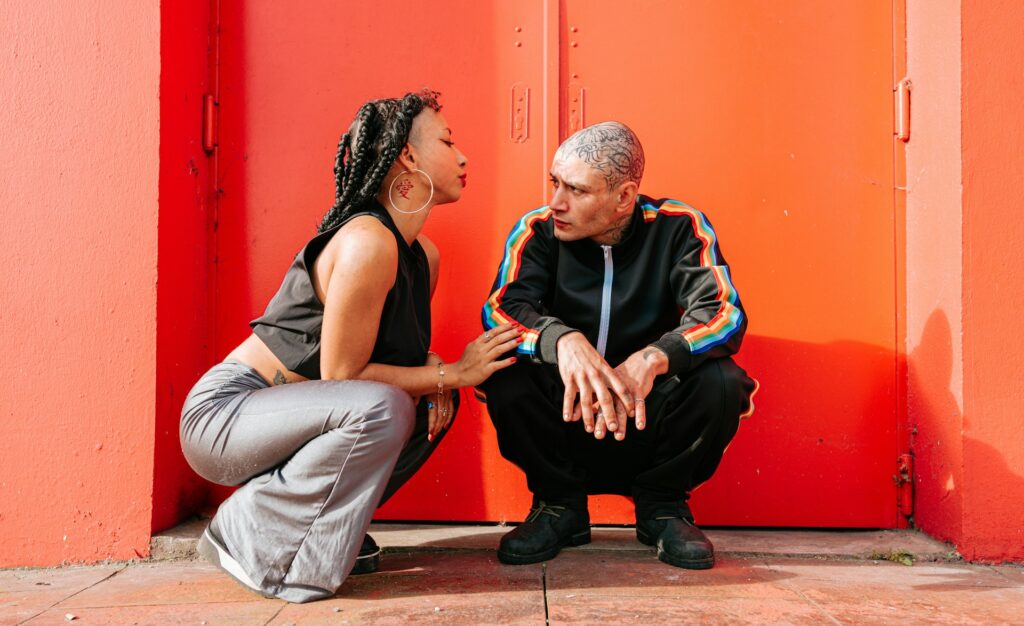
Having plans every night of the week doesn’t always mean someone feels connected. In some cases, constant social activity becomes a way to avoid sitting with deeper feelings, like restlessness, sadness, or emotional disconnection. The company feels good in the moment, but the quiet that follows can hit even harder. You can fill every hour and still feel like something’s missing if the connection doesn’t go beneath the surface.
5. High visibility isn’t the same as being truly known.

Some people are great at being social. They know everyone, they show up to everything, they’re the person people gravitate toward at events. Of course, charisma and connection aren’t always the same thing. Being seen by many doesn’t guarantee that anyone sees the real you. When your presence is constantly visible but your inner world feels hidden, that gap can get heavy to carry.
6. Large circles can come with more pressure.

The more people you’re connected to, the more roles you often have to play—listener, cheerleader, mediator, entertainer. It can get overwhelming, especially if you’re not getting that same support in return. You might feel guilty for needing space or pressure to keep showing up, even when you’re burnt out. The very thing that’s supposed to bring connection can start to feel like a job.
7. Being surrounded doesn’t mean being understood.

You can be invited to everything and still feel emotionally invisible. If no one really asks how you are—not just how you’re doing—then all the noise in the world won’t quiet that sense of being alone in a crowd. Understanding takes intention. Without it, even the most socially active life can feel strangely hollow underneath all the movement.
8. Some friendships rely on performance, not presence.

If you feel like you have to be “on” every time you’re around people—charming, funny, agreeable—it can be exhausting. Some friendships form around who you appear to be, not who you are when your guard is down. That means connection is built on your output, not your essence. When you’re tired or not in the mood to perform, the relationship often goes quiet. That’s not connection; it’s conditional company.
9. Being liked isn’t the same as being loved.

It feels nice to be liked by a lot of people, but liking is often passive, low-effort, and easy to maintain. Love, on the other hand, shows up when things get uncomfortable, complex, or inconvenient. People with lots of friends may be surrounded by likeability, but still lack the deeper loyalty or care that makes love feel real. That kind of gap tends to show up when life hits hard.
10. Group belonging can hide personal disconnection.

Being part of a group offers comfort—but not always clarity. You can laugh, bond, and share inside jokes without ever getting around to the deeper stuff that makes you feel seen as an individual. Without those one-on-one bonds, it’s easy to feel like you exist in the group, but not quite in it. The group doesn’t always notice when you’re quietly slipping away.
11. “Friend” doesn’t always mean “safe.”

Some people keep long-term friends simply because they’ve been around forever—not because the relationship feels supportive or equal. And when emotional safety is missing, that familiarity can blur into quiet resentment or disconnect. If you can’t speak freely or bring your full self to a friendship, it may not be giving you what you really need, even if it looks close from the outside.
12. The expectation to be socially ‘on’ can wear you down.
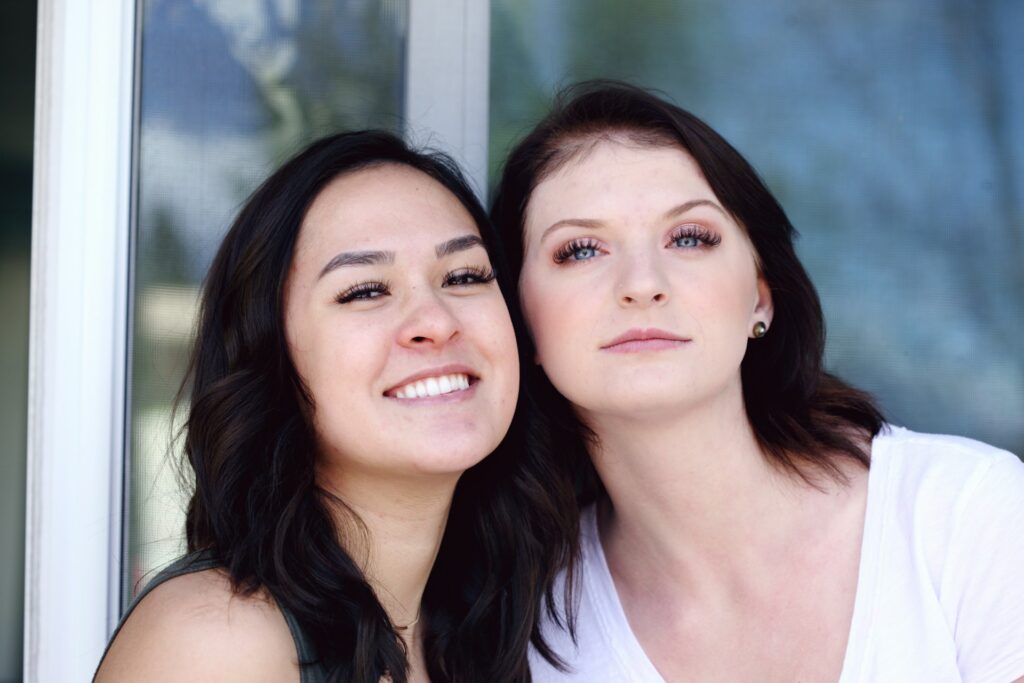
When you’re known for being social, upbeat, or the one who’s “always around,” it creates an unspoken pressure to stay that way. It can feel hard to opt out or be quiet without people noticing or asking if something’s wrong. Sometimes people with large friend groups feel more trapped than free. They’re expected to keep up the energy, even when it stops feeling like them.
13. True connection doesn’t care how many people are watching.

The most meaningful moments usually happen in stillness—in deep, honest, quiet spaces. They’re rarely Instagram-worthy. They don’t require an audience, and they often come from relationships that don’t take up much space, but offer enormous peace. Happiness doesn’t come from being widely known. It comes from being deeply known by a few, and safe within yourself. That’s what really counts, no matter how many names are saved in your phone.
